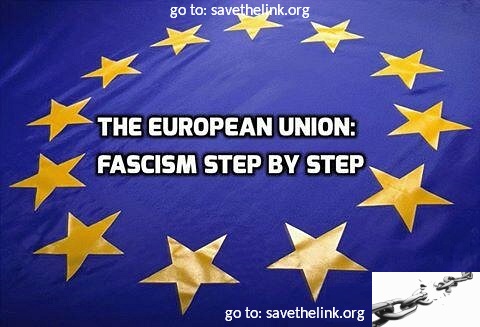
Currently, the European Union has some of the worst copyright laws in the world. If left unopposed, this could quickly leak over into Canada too. The new proposals include the unprecedented new “Link Tax” for publishing giants, allowing them to charge fees for reposting links that contain 100 character snippets of “copyrighted” text. On September 14th, 2016 the EU Commission presented these new rule proposals to the European Parliament. Earlier leaks hinted the rules were worse than originally feared, and the recent announcement proved it. Not only Europeans, but everyone simply has to help stop this now. Despite online opposition leading up to this point from over 100,000 Internet users, and many dozens of civil society groups, the EU Commission has charged full force ahead with its’ abusive anti-free-speech and anti-free-association plan. We must demand that our so called “decision-makers” and the entirety of the government absolutely reject such crazy Link Tax proposals, along with any other forthcoming disastrous copyright measures. We must all speak out now or the internet as we know it will be much more corporate and state, rather than grassroots controlled. In addition, the EU Commission’s new rule proposals include invasive and expensive methods for 1) monitoring and 2) “filtering” user content. In other words, the censoring of content and creativity online. In more detail: The “Court of [In]Justice” of the European Union has ruled that it can now be illegal for websites merely to *link* to copyrighted content - such as news articles. Again, we are talking about the “mere act of linking” (or perhaps even just printing a link) to copyrighted content can in and of itself be a breach of copyright. Today’s decision went against the previously published advice of the CJEU’s own Advocate General, who stated earlier this year that the simple act of linking should never be made illegal. Although the CJEU created a narrow exception where links are not posted for profit, the sweeping ruling will affect any commercial enterprise, even news startups and small-audience hobby bloggers, that share links with their readers, especially those who monetize their websites by selling advertisements. The ruling will be directly binding on the...





